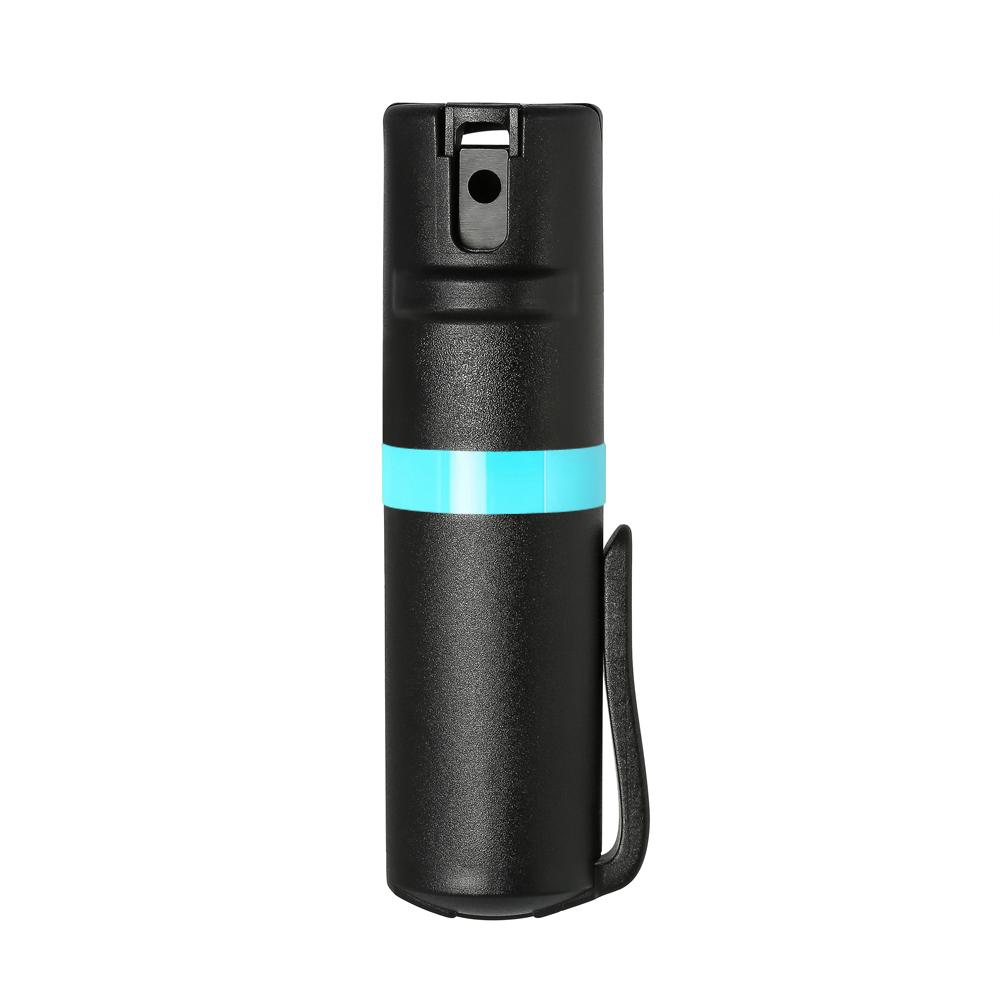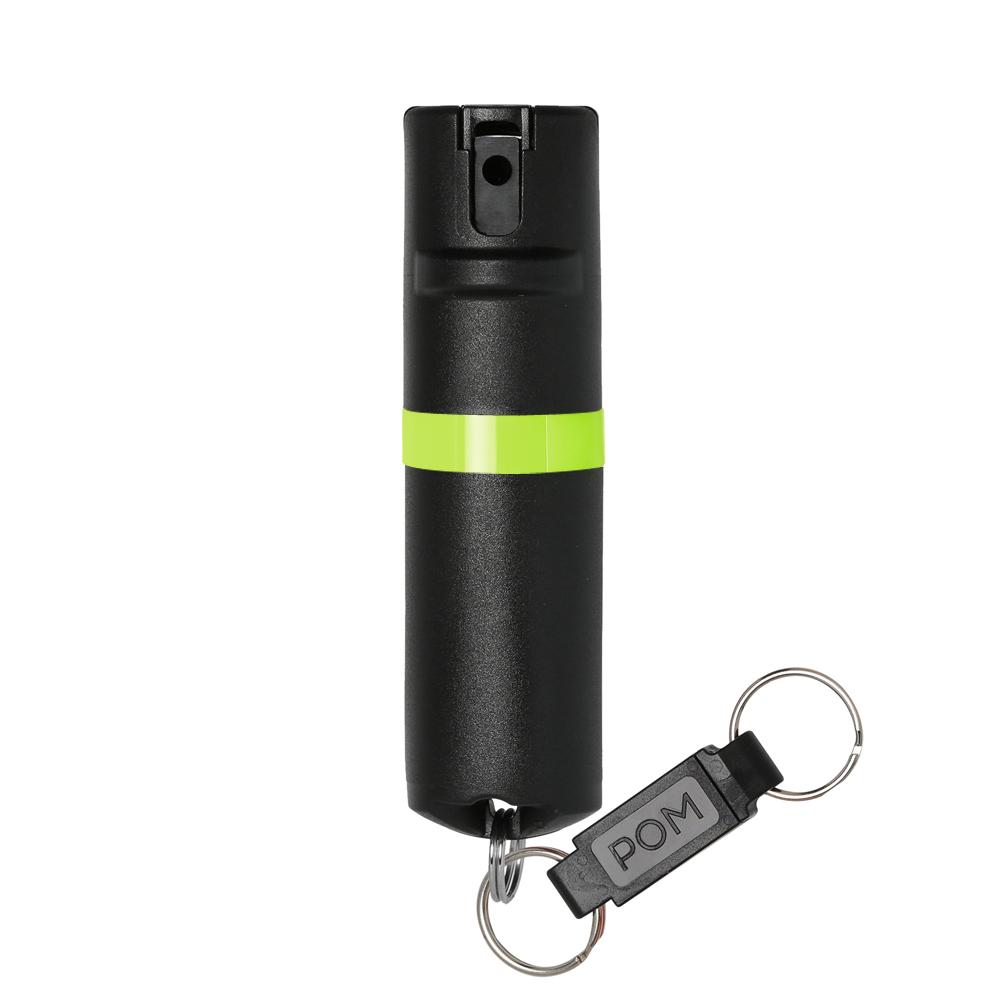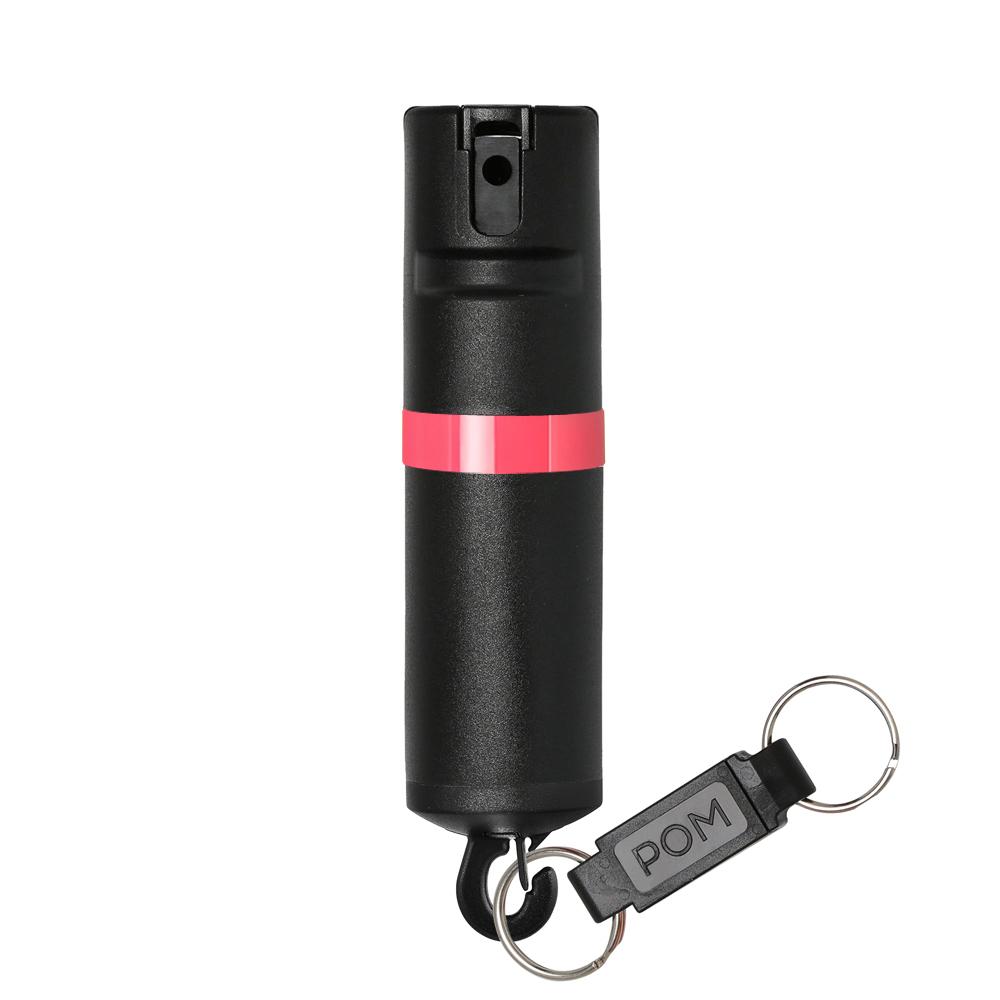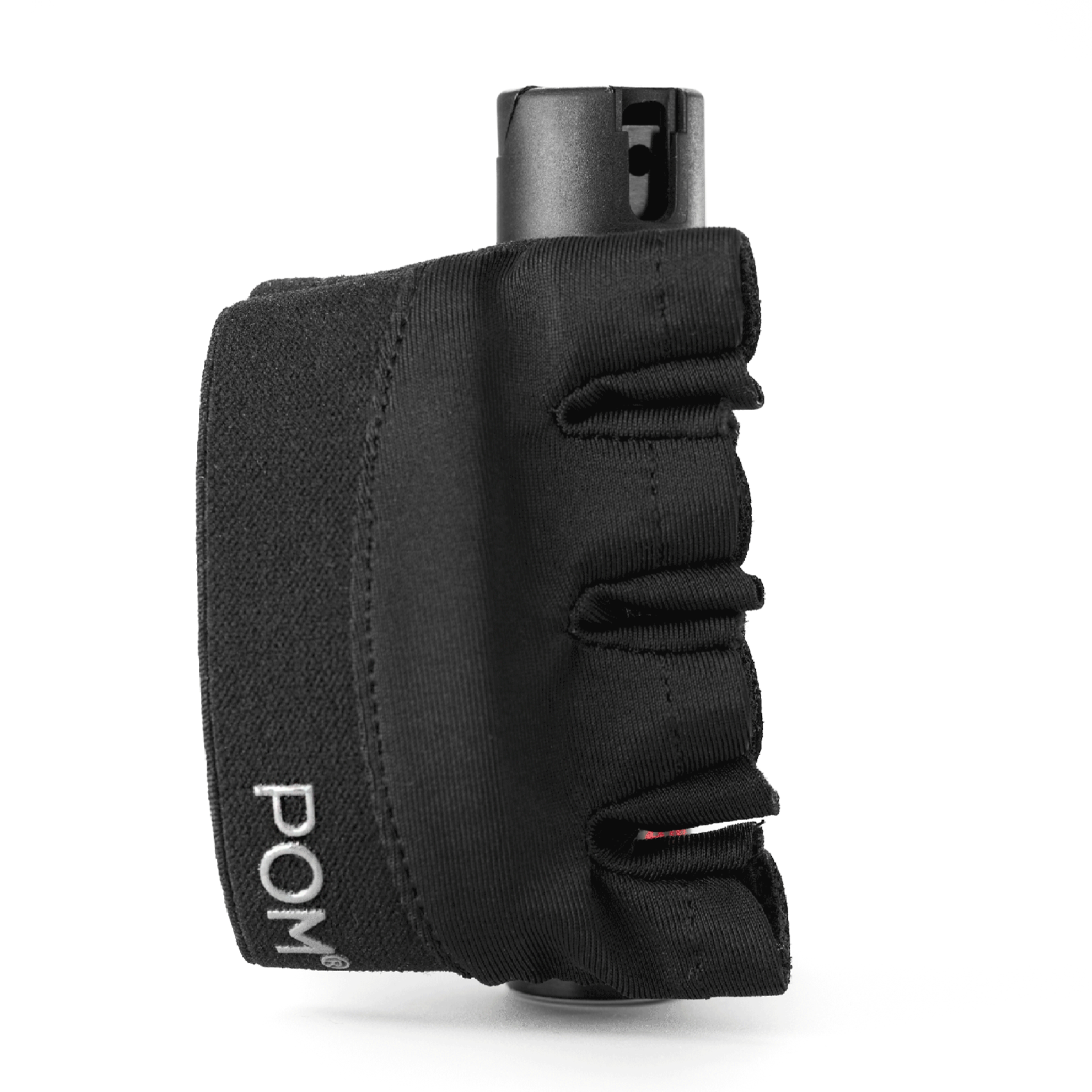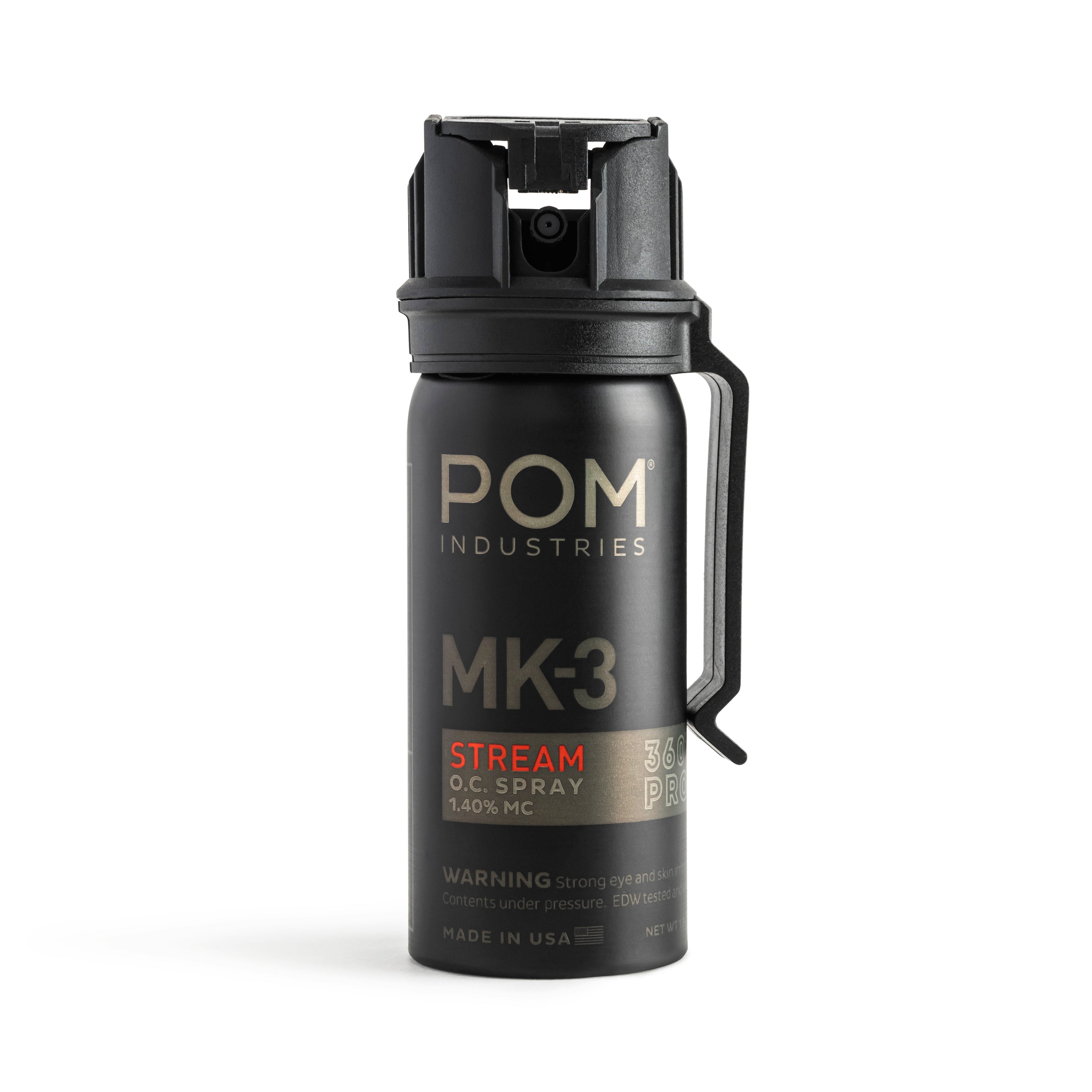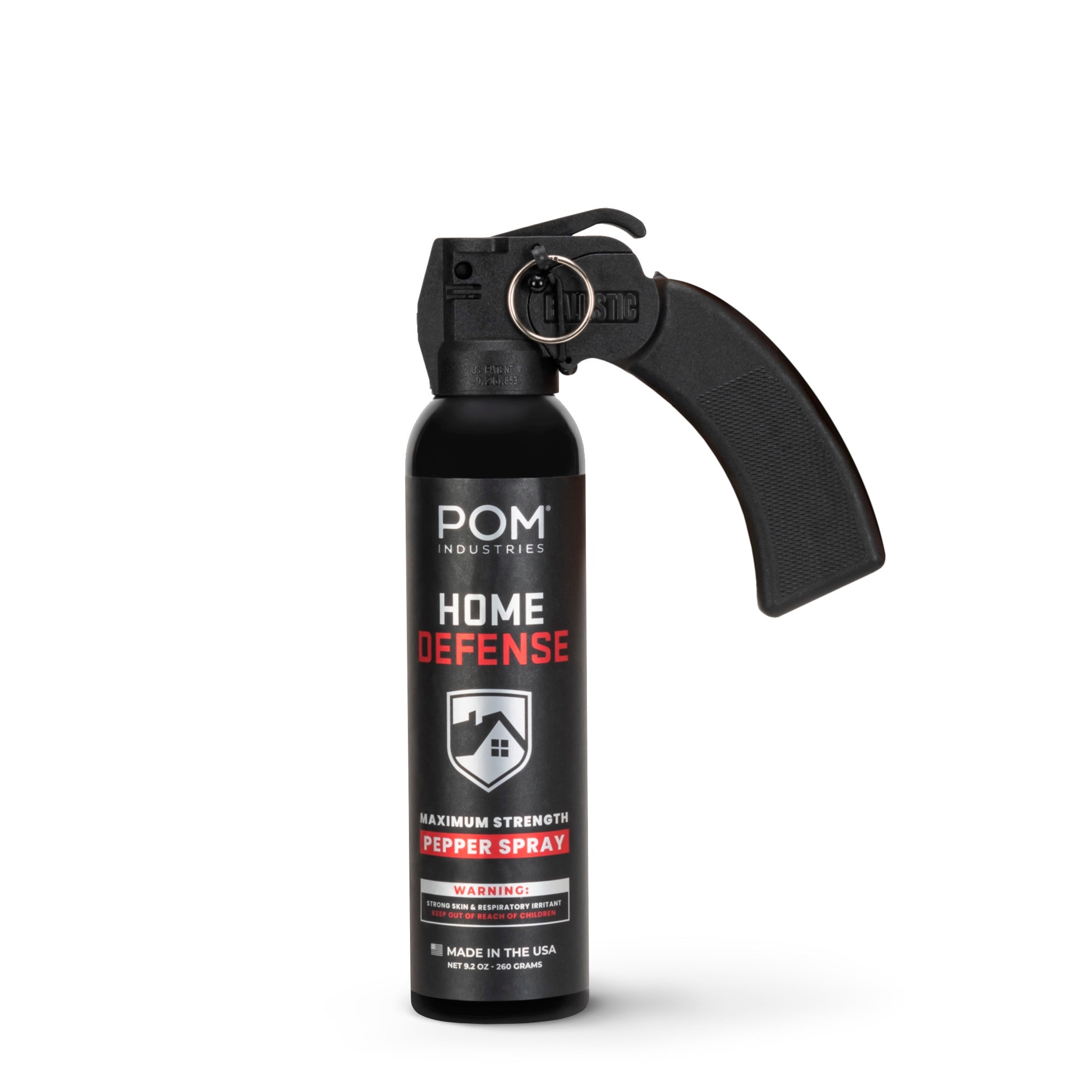Best Self-Defense for Empowering Yourself While Living Alone

Living alone can be a liberating and empowering experience, but it also comes with a heightened sense of responsibility for one's safety.
Whether you're a young professional, a student, a senior citizen looking for personal safety tips or simply someone who enjoys the independence of solitary living, knowing how to defend yourself is crucial. Self-defence isn't just about physical techniques; it's also about being aware of your surroundings, maintaining a proactive mindset, and making informed choices.
Today, POM Industries will explore the best self-defense strategies for empowering yourself while living alone.
Mental Preparedness
Before delving into physical techniques, it's essential to cultivate the right mindset for self-defense:
- Situational Awareness: Always be aware of your surroundings. Stay off your phone, avoid distractions, and trust your instincts if something feels off.
- Confidence: Confidence can deter potential attackers. Maintain good posture, make eye contact, and carry yourself with assurance.
- Avoid Risky Situations: Prevention is one of the best forms of self-defense techniques. Don't take unnecessary risks, like walking alone in poorly lit areas late at night.
- Trust Your Intuition: If something doesn't feel right, remove yourself from the situation. It's better to be overly cautious than regretful.
Physical Self-Defense Techniques
Basic Strikes: Learn simple strikes like palm heel strikes, knee strikes, and elbow strikes. These can be effective in close-quarters encounters.
Grappling and Escapes: Basic knowledge of escapes from holds and grabs can prove invaluable. Consider taking a self-defense class to learn these techniques.

Pepper Spray or Personal Alarms: Carry a canister of pepper spray or a personal alarm for added home self-defense and safety. These non-lethal POM pepper spray can provide valuable seconds to escape a dangerous situation.
Defensive Gadgets: Explore personal defense gadgets like keychain tools, tactical pens, or personal safety apps that alert your contacts in case of an emergency.
Physical Fitness and Conditioning
Being physically fit not only enhances your ability to defend yourself but also boosts your overall confidence and well-being:
Regular Exercise: Engage in regular physical activity to build strength, stamina, and agility. Consider martial arts or self-defense classes for specialized training.
Cardiovascular Fitness: Good cardiovascular health ensures you can respond effectively in high-stress situations.
Strength Training: Building muscle strength can help you execute self-defense techniques more effectively.
Home Security
Your home should be a sanctuary. Ensure it's adequately secure:
Locks and Alarms: Install sturdy locks and alarms on doors and windows. Invest in a peephole to see who's at your door before opening it.
Home Security System: Consider a home security system with surveillance cameras and 24/7 monitoring.
Emergency Contacts: Keep a list of emergency contacts readily available, and inform trusted friends or family members of your whereabouts.
Legal Knowledge
Understanding the legal aspects of self-defense is crucial:
Know Your Rights: Familiarize yourself with the self-defense laws in your area. Laws can vary significantly, so know what is legally permissible.
Use of Force: Understand when the use of force is justifiable and the concept of "reasonable force.
Conclusion
By developing a proactive mindset and taking steps to protect yourself, you can enjoy the freedom and independence of living alone while staying safe.
Remember that self-defense is about more than just physical techniques; it's about equipping yourself with the skills and knowledge to make informed decisions and protect your well-being.
Stay vigilant! Stay safe! And embrace the joys of solo living!
